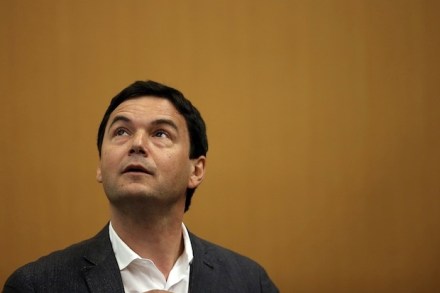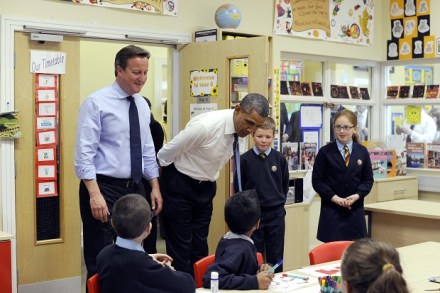Revealed: the marriage gap between Britain’s rich and poor
[audioplayer src=”http://traffic.libsyn.com/spectator/TheViewFrom22_13_Nov_2014_v4.mp3″ title=”Fraser Nelson and Julie Bindel debate the inequality of marriage” startat=1048] Listen [/audioplayer]In the digital era, those looking for soulmates can be brutally clear about who need not apply. There are websites like Blues Match, for alumni of Oxbridge and Ivy League universities only. Then come the smartphone apps: Tinder, for straightforward dating, and ‘BeautifulPeople’, where members are kicked out if deemed too ugly. The latest arrival is Luxy, an app for those who don’t want to date anyone who needs to split a bill. Or, to use its own description, ‘Tinder without the poor people.’ Luxy has been deplored for its overt snobbery but it is, in













